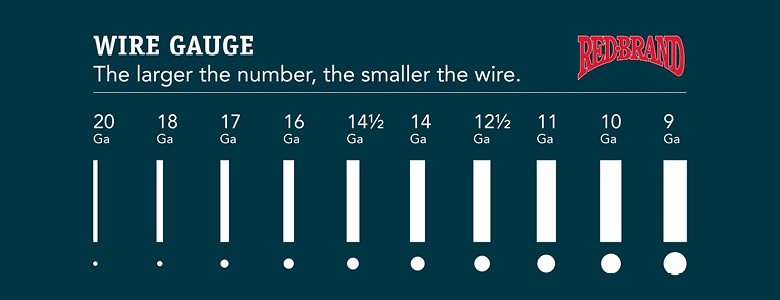

The alternative is to buy in an independent casket store or from an online retailer. You could end by paying thousands of dollars for a casket that you can get at a lower cost if you buy direct. However, most caskets sold at funeral homes have significant mark-ups compared to online retailers. The common option is to buy directly from the funeral home. You can still buy steel caskets at much lower prices from online retailers such as Titan Caskets, Trusted Caskets, Fast Caskets, Best Priced Caskets, and other online sellers. This given price range is mostly quoted from funeral homes. However, if you are looking for something more affordable, select a standard casket with a higher gauge steel. This will vary according to the type of steel used, its gauge, lining, and style.Ĭonsidering the features explained earlier, a casket made of stainless steel with a lower gauge and a gasket seal will likely be expensive. How Much Is a Steel Casket?Īccording to the NFDA in 2019, the average price for a metal casket was $2,500.īut for the price of steel caskets specifically, it can range from $1,200 to $5,000. Steel caskets are a common choice because they offer high-quality features at reasonable prices (especially from online sellers) and many people consider them to be the best value. While not as expensive as a bronze or copper casket they do cost more than a plain pine box. Lastly, steel caskets are a very popular choice because the price falls mid-range. You can personalize the exterior finish, interior appointments, colors, hardware, and head panel. One reason metal caskets so attractive is because they can be finished in various styles and colors. That may seam desirable, but also brings up environmental considerations – a conversation for another day.) This also means they do not decompose easily compared to wood caskets. Metal caskets are sturdy and considered more durable than other choices. Steel caskets have the following attributes: Note: Although a rubber gasket seals the casket and prevents penetration of outside elements such as water and dirt, you should know that it does not prevent a body from decomposing. While a wooden casket technically could have a gasket, it would not render the casket hermetically sealed. Wooden caskets do not have a seal because wood is porous and cannot be airtight. The gasket feature is exclusive to metal caskets. These are usually offered at cheaper prices.

However, some retailers sell non-gasketed caskets as well. It is standard for steel caskets to have a gasket. It is designed to protect the body from any outside elements. A casket that is gasketed contains a rubber gasket that seals the casket hermetically (airtight). Gasketed vs Non-Gasketed CasketsĪny metal casket may be gasketed or non-gasketed.

The Owosso Casket Company billhead in the early 20th century, the largest casket manufacturer in the world. It has since become the top choice for caskets. When steel sheet metal became readily available after World War II, the manufacturing of steel caskets surged. However, wood is decomposable, and it’s not the most durable material available. We discuss this transition further in our article on the difference between caskets and coffins.)īefore the twentieth century, most caskets were made of wood. (Which is an interesting cultural phenomenon, considering the fact that caskets are not designed to preserve the body of your loved one. Steel caskets gained popularity when consumers started to look for products that last-something that they can count on. It is used to make sewing needles, electronics, cars, and even caskets. Steel is the most widely used engineering and construction material.


 0 kommentar(er)
0 kommentar(er)
